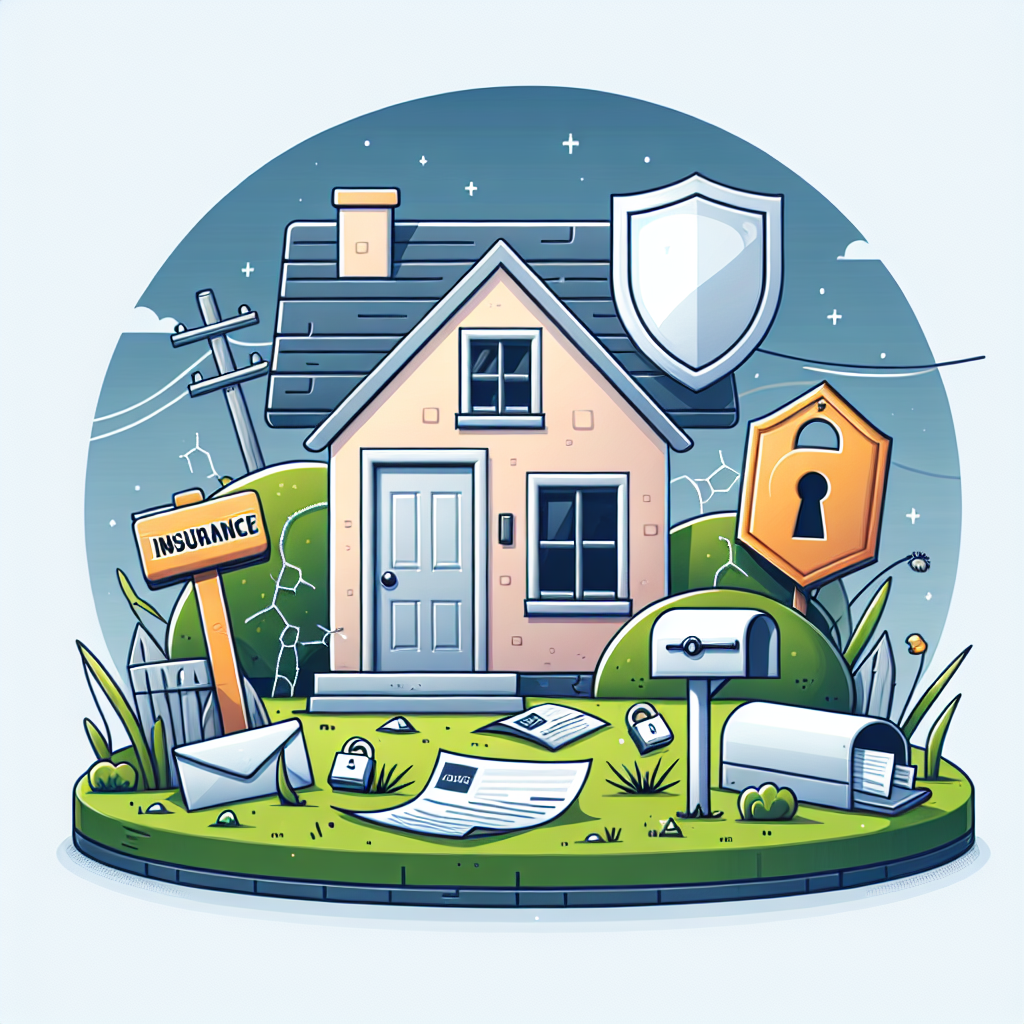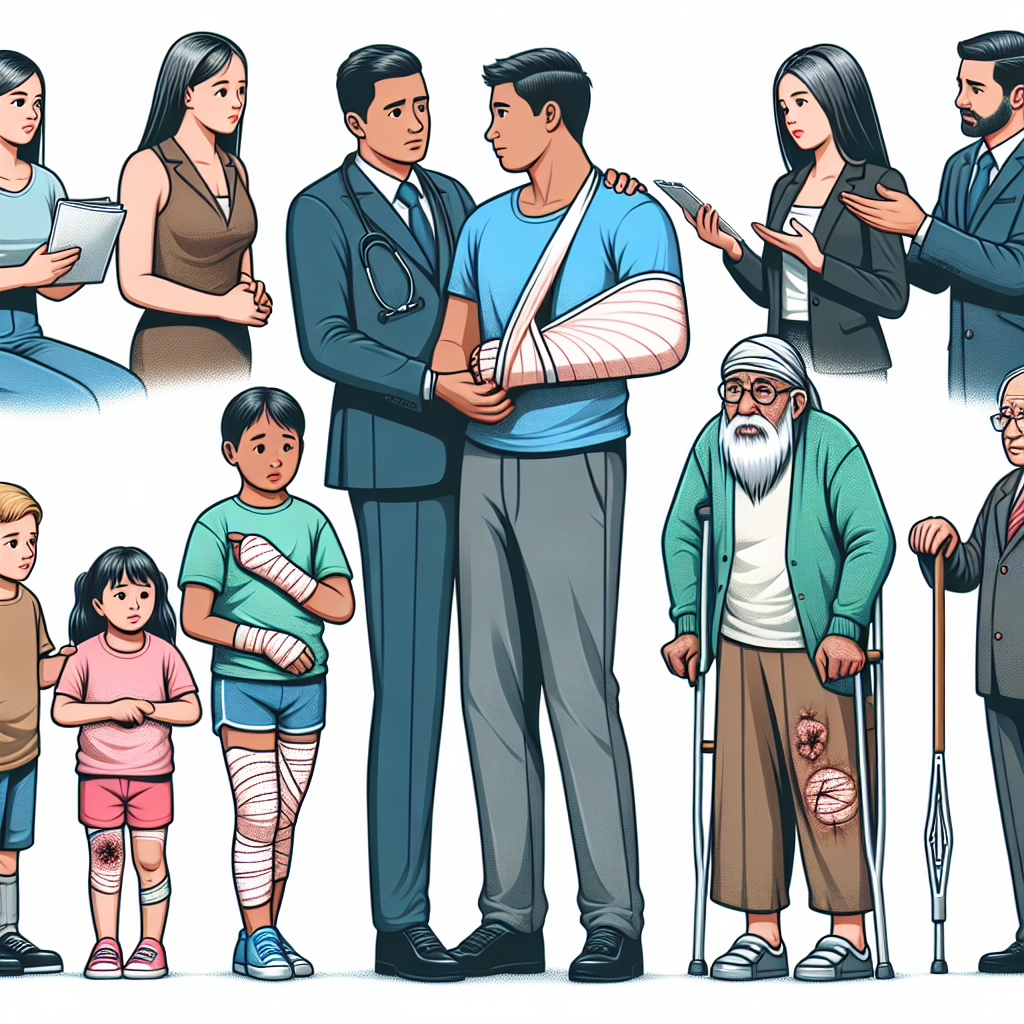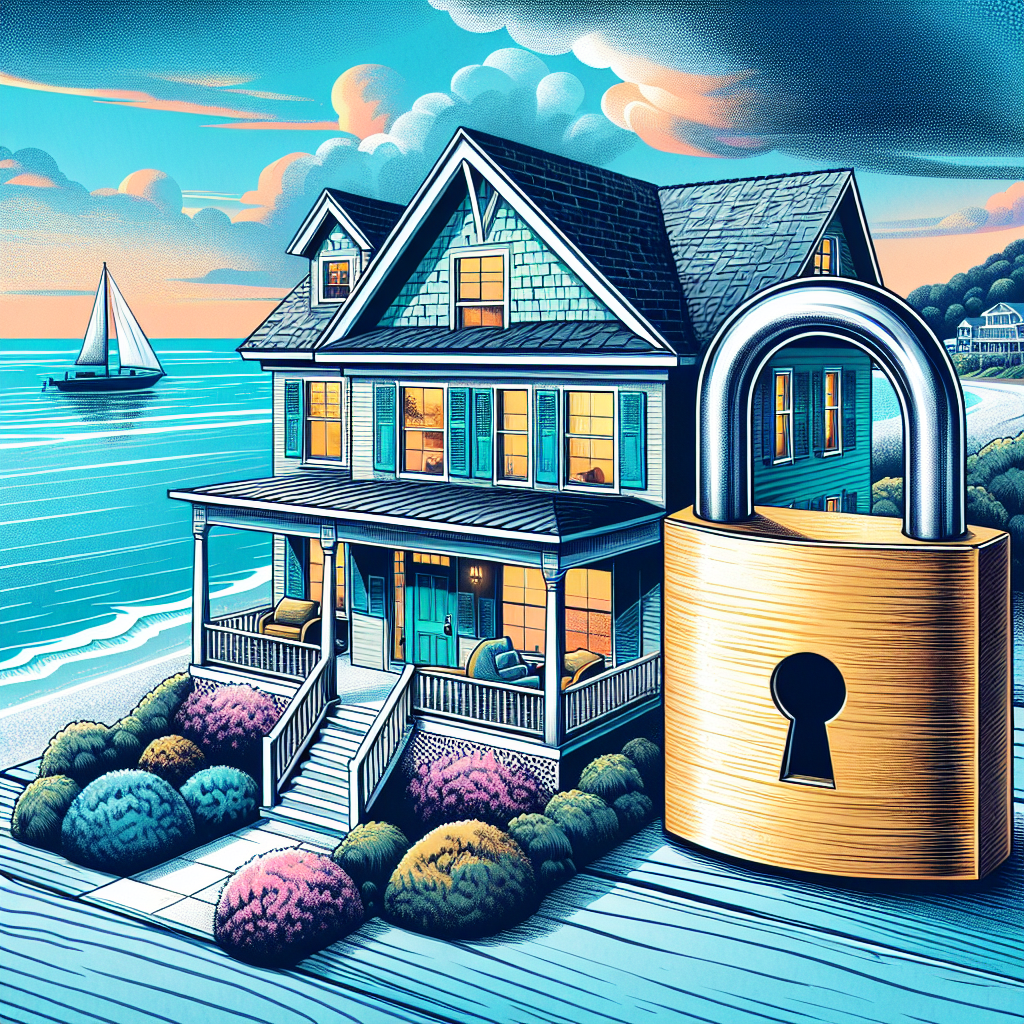Filed under Home Insurance on
Understanding Vacant Home Insurance Coverage Basics

When you think of home insurance, the immediate thought is often about coverage while you're living in the home. But what happens when your home is vacant for an extended period? That's where vacant home insurance comes into play. Understanding vacant home insurance coverage basics can be pivotal for homeowners who find themselves in unique circumstances.
Homes can become vacant for various reasons: a job relocation, an extended vacation, or waiting for a property to sell. During these times, standard homeowners insurance policies might not offer the coverage you need. In this article, we'll explore what vacant home insurance is, why it's important, and what it typically covers.
What is Vacant Home Insurance?
Vacant home insurance is a specialized type of insurance coverage designed to protect homes that are not occupied for a specific duration. Traditional homeowners insurance requires that a property be occupied, and when it remains vacant, it can pose higher risks such as vandalism, theft, and unnoticed maintenance issues, among others. Most standard policies limit coverage when a home becomes vacant for 30 to 60 days.
Why is Vacant Home Insurance Important?
The importance of vacant home insurance lies in its ability to cover risks that are heightened by the absence of residents. An unoccupied home is a more attractive target for thieves, and without regular maintenance, minor issues can evolve into significant problems. Also, insurance claims can become complicated if your home is vacant without proper coverage.
Example Scenario
Imagine you're trying to sell your home and have already moved to a new location. The home remains unoccupied for several months. During this period, a severe storm damages the roof. Since the home wasn't checked regularly, water seeps into the attic, causing mold damage over time. Without vacant home insurance, you might find that your standard policy doesn't cover the resulting damage, leaving you with hefty out-of-pocket expenses.
What Does Vacant Home Insurance Cover?
While specific coverage options can vary between insurers, vacant home insurance generally includes:
- Protection Against Vandalism and Theft: Unoccupied homes are more susceptible to break-ins and vandalism.
- Fire and Water Damage: Covers potential fire hazards and water damage that might not be noticed promptly due to the house being empty.
- Liability Coverage: Offers protection if someone is injured on the property while it's vacant.
- Structural Damage: Helps in cases where structural damage occurs from unforeseen events.
It’s essential to communicate with your insurance provider about the specificities of the coverage, as it can greatly vary based on location and company policies.
How to Obtain Vacant Home Insurance
Obtaining vacant home insurance involves several steps you should be mindful of:
- Notify Your Current Insurer: Informing your current home insurance company about your home’s vacancy might suffice, as some insurers offer an add-on to the existing policy.
- Shop Around for Specialized Providers: Some insurers particularly focus on vacant home insurance and might offer policies tailored to your needs.
- Understand the Policy Terms: Delve into the policy terms so you fully grasp what is and isn't covered. Pay particular attention to exclusions.
- Maintain the Property: Keep the home in good repair to avoid invalidating the policy and ensure its security systems are up to date.
Tips for Managing a Vacant Home
Even before opting for vacant home insurance, consider taking proactive steps to safeguard your property. Here are a few recommendations:
- Regular Inspections: Schedule regular check-ins or hire a property manager to oversee the home's condition.
- Security Features: Install security systems, cameras, and motion-sensitive lighting to deter potential intruders.
- Maintenance of Systems: Ensure both HVAC and plumbing systems are running correctly to prevent preventable maintenance issues.
- Appear Occupied: Use timers for lights and arrange for landscaping services to maintain the appearance of being lived-in.
Real-Life Example: Importance of Vacant Home Insurance
Consider the case of a homeowner named Jane. Jane moved to a new state to start a job, leaving her old home waiting to be sold. Not anticipating any issues, she kept her standard home insurance. However, when a water pipe burst and flooded the basement, damages escalated due to the delay in detection. Jane faced a considerable financial burden because her insurance denied the claim under the "vacant home" clause in her policy. Had she procured a vacant home insurance policy, she'd have been adequately covered.
Conclusion
Understanding vacant home insurance coverage basics is crucial for homeowners who anticipate their property being unoccupied for extended periods. Investing in this specialized insurance can save you from potential financial pitfalls and provide peace of mind. Always communicate openly with your insurance provider and explore all available options to ensure that your vacant home is adequately secured and insured.
FAQs about Vacant Home Insurance
1. How long can a home be unoccupied before regular insurance doesn't cover it?
Most standard homeowners insurance policies provide coverage for homes that are unoccupied for up to 30 to 60 days. After this period, coverage may be restricted, and vacant home insurance would be required.
2. Can I modify my current homeowners policy to cover vacancy?
Many insurers offer endorsements or add-ons to a standard policy that can provide limited vacancy coverage. It’s best to discuss this with your insurer to understand your options and any associated costs.
3. Is vacant home insurance more expensive than a regular policy?
Yes, vacant home insurance can be more expensive than standard policies due to the increased risks associated with unoccupied properties. However, prices vary depending on location, coverage specifics, and the insurer.
4. What steps can I take to reduce the cost of vacant home insurance?
Installing security systems, maintaining the property, and demonstrating active property management can contribute to lowering premiums as these reduce the risks associated with vacant properties.
5. Will my mortgage lender require me to have vacant home insurance if my house is empty?
Mortgage lenders typically require that a borrower maintains adequate homeowners insurance. When a home is known to be vacant, they might request proof that the property is covered adequately to protect the lender’s interest.





